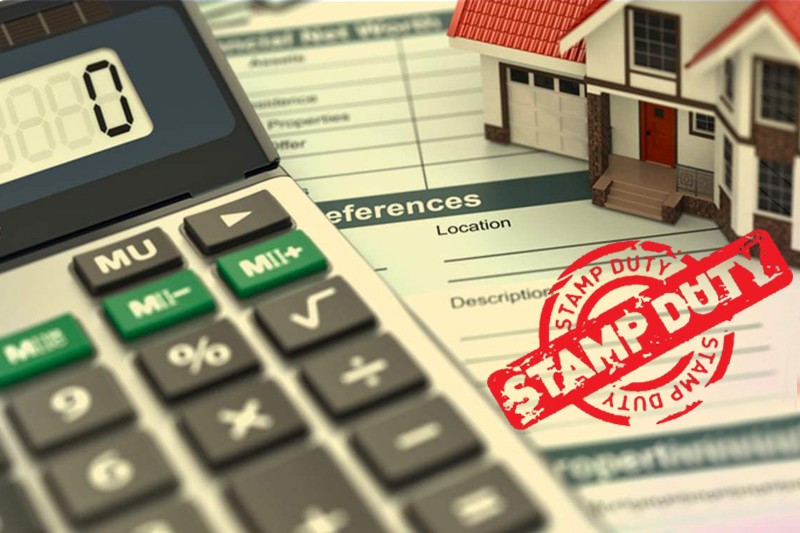A legal obligation that has to be tended to without fail, tax is the cornerstone of any country’s economy. It boosts the growth of the nation by contributing to the GDP (Gross Domestic Product), caters to the budgetary demands of the nation, and finances the maintenance of public projects, thereby raising the living standards of the citizens. These charges are so vital to the health of an economy; a change in tax policies will definitely reflect in the economy’s growth trajectory. If citizens are not responsible taxpayers, the government will be hindered in meeting the demands of various sectors in the country. While ensuring that the citizens carry out their tax obligations, the government also reduces their tax burden in several ways through tax benefits.
What is a tax benefit?
A tax benefit is an advantage given to you by the government to avail a reduction on your tax bill and thus reduce the tax burden. According to Income Tax Act 1960, certain payments and investments such as tuition fees of children, charitable donations, provident funds, education loans, medical expenses of disabled family members, and so on can help you claim your tax benefits. As far as homeowners are concerned, home loans are the biggest source of tax benefits as per sections 24, 80 C, and 80 EE, and 80 EEA under Income Tax Act.
How can tax benefits be claimed on a home loan?
A home loan not only helps you buy your dream house. While repaying the loan in the form of Equated Monthly Instalments, you can also claim tax benefits on the principal and interest paid. There are four sections under the Income Tax Act that help homeowners become eligible for tax deductions, which are section 24, section 80 C, section EE, and section 80 EEA.
The following tax benefits can be claimed under the Income Tax Act, 1961:
- The Rs. 50,000 deduction under Section 80EE can be claimed only if the property value does not exceed Rs. 50 lakhs. Also, the home loan amount should not be more than Rs. 35 lakhs.
- All of these exemptions are applicable if the house construction is complete or if you have purchased a ready-to-move-in apartment.
How would joint ownership affect tax liability?
Apart from giving you multiple loan options, the benefits of joint ownership also extend to tax deductions. The joint owner can be a parent, relative, spouse, friend, or even a business partner. Here is how joint ownership can help you with your tax liability:
- The basic eligibility to avail benefits from joint ownership is to have a partner who is a co-borrower of the loan and is a joint owner of the property. The tax benefits are availed separately by each owner from his or her taxable income.
- You will only be eligible for a tax deduction if the house is constructed within five financial years from the year of disbursal of the loan. Failure in meeting this requirement will lead to a decrease in the amount of deduction to 30,000 rupees.
- If the property is jointly owned, both of the owners have the provision to claim a deduction on loan interest up to 2 lakh rupees under section 24 of the Income Tax Act.
- Under Section 80C of the Income Tax Act, the co-owners can claim a deduction of Rs. 1.5 lakhs each on principal repayment.
What are the income tax benefits that can be claimed on the home loan for the second house?
Under the Income Tax Act (Section 24B), tax benefits can be enjoyed by claiming it as a self-occupied property while the other would be deemed as a let-out property. Previously it was limited to one house, but in the 2019 budget, it has been proposed to extend this limit to two self-occupied houses. This will be applicable if the bill is passed in Parliament. Under Section 80C of the Income Tax Act 1961, deduction of up to Rs. 1.5 lakh can be claimed on the repayment of the principal amount (including stamp duty and registration cost). It can be claimed only after the house has been possessed.
If you meet the eligibility criteria stated under various sections of the Income Tax Act, you can easily reduce your tax burden. In the case of joint loans, make sure your co-borrower is also your property’s co-owner. After calculating the deductions you are eligible for, submit your home loan interest certificate to your employer so that they can adjust the TDS (Tax Deduction at Source) for you.













